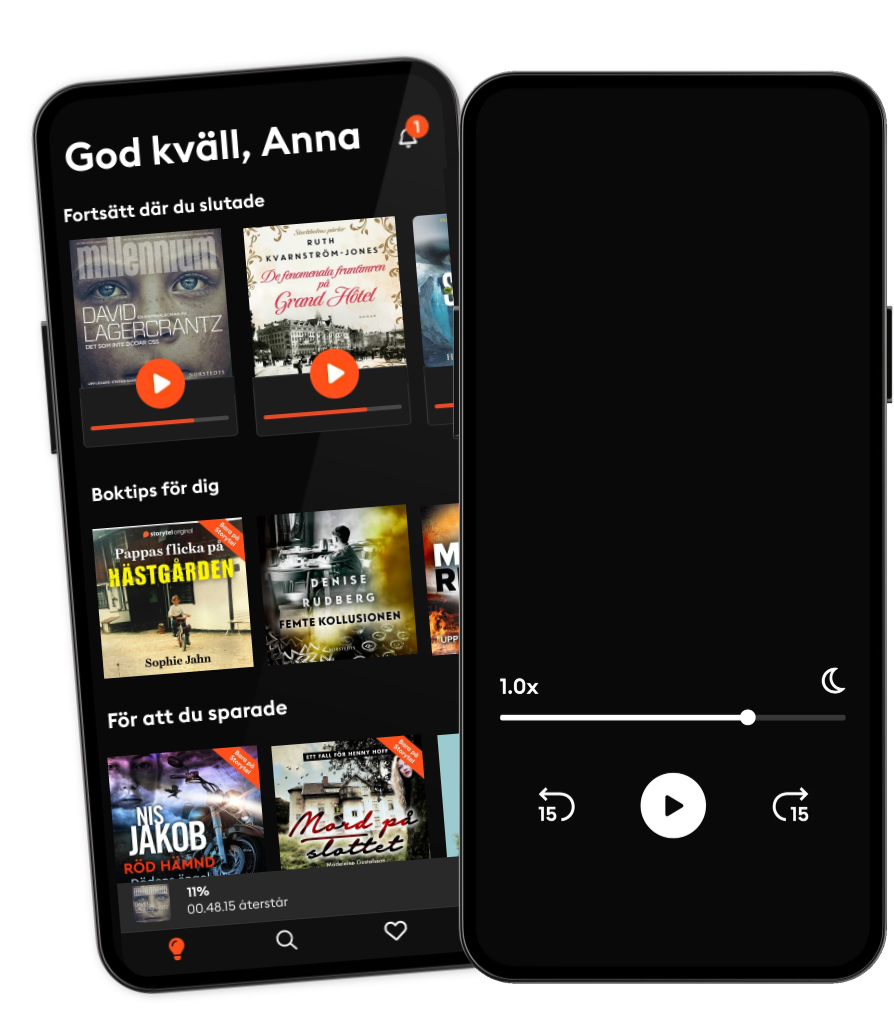Lyssna när som helst, var som helst
Kliv in i en oändlig värld av stories
- 1 miljon stories
- Hundratals nya stories varje vecka
- Få tillgång till exklusivt innehåll
- Avsluta när du vill

The Terraforming
- Av
- Förlag
The Terraforming is the comprehensive project to fundamentally transform Earth's cities, technologies, and ecosystems to ensure that the planet will be capable of supporting Earth-like life. Artificiality, astronomy, and automation form the basis of that alternative planetarity.
This short book was written in July 2019. It is is an opening brief and manifesto for The Terraforming urban design research programme at the Strelka Institute in Moscow. It is a narrowly targeted polemic against dominant modes of planetarity and a rejoinder to inadequacies seen in how critical philosophy and design seeks to confront them.
The title refers both to the terraforming that has taken place in recent centuries in the form of urbanisation, and to the terraforming that must now be planned and conducted as the planetary design initiative of the next centuries if true catastrophes are to be prevented. The term 'terraforming' usually refers to transforming the ecosystems of other planets or moons to make them capable of supporting Earth-like life, but the looming ecological consequences of what is called the Anthropocene suggest that in the decades to come, we will need to terraform Earth if it is to remain a viable host for Earth-like life.
Planetarity itself comes into focus through orbiting imagining and terrestrial modeling technologies (satellites, sensors, servers in sync) that have made it possible to measure climate change with any confidence. We will explore a renewed Copernican turn, and how the technologically mediated shift away from anthropocentric perspectives is crucially necessary in both theory and practice. The Copernican turn is also a trauma, as Freud once suggested, but this is one that demands more agency, not less.
The implications of the shift are perhaps counterintuitive. Instead of reviving ideas of 'nature,' we will reclaim 'the artificial'—not as in 'fake,' but rather 'designed'—as a foundation which links the mitigation of anthropogenic climate change to the geopolitics of automation. For this, urban-scale automation is seen as part of an expanded landscape of information, agency, labor, and energy that is part of a living ecology, not a substitute for one. As such, the focus of urban design research shifts toward the governance of infrastructures that operate on much longer timescales than our cultural narratives.
© 2019 Strelka Press (E-bok): 9785907163027
Utgivningsdatum
E-bok: 1 september 2019
Taggar
Andra gillade också ...
- Irrationality: A History of the Dark Side of Reason Justin Smith-Ruiu
- Ecce Homo Friedrich Nietzsche
- Philosophy of Physics: A Very Short Introduction David Wallace
- Democracy May Not Exist, but We'll Miss It When It's Gone Astra Taylor
- Soul Dust: The Magic of Consciousness Nicholas Humphrey
- A Treatise of Human Nature David Hume
- A Book Forged in Hell: Spinoza's Scandalous Treatise and the Birth of the Secular Age Steven Nadler
- Philosophy and Real Politics Raymond Geuss
- Outside Ethics Raymond Geuss
- What Kind of Creatures Are We? Noam Chomsky
- Sömngångaren Lars Kepler
4.2
- Kodnamn Skuld Mikael Ressem
4.2
- Hembiträdet Freida McFadden
4.2
- De fenomenala fruntimren på Grand Hôtel Ruth Kvarnström-Jones
4.5
- Kärlekens idioter Emma Hamberg
4.1
- Det slutar med oss Colleen Hoover
4.2
- Gå över lik Anna Jansson
4
- Hundra dagar i juli Emelie Schepp
4
- Var är Helena? Tina Frennstedt
4.2
- Är det nu jag dör? Leone Milton
3.8
- Skuggvarg Frida Skybäck
3.9
- Det börjar med oss Colleen Hoover
4
- Han ägde mig: En sann berättelse om att överleva en mans våld Leone Milton
4.1
- Fyra famnar under marken Christina Larsson
4.3
- De döda och de levande Anders Nilsson
4.3
Därför kommer du älska Storytel:
1 miljon stories
Lyssna och läs offline
Exklusiva nyheter varje vecka
Kids Mode (barnsäker miljö)
Premium
För dig som lyssnar och läser ofta.
1 konto
100 timmar/månad
Exklusivt innehåll varje vecka
Avsluta när du vill
Obegränsad lyssning på podcasts
Unlimited
För dig som vill lyssna och läsa obegränsat.
1 konto
Lyssna obegränsat
Exklusivt innehåll varje vecka
Avsluta när du vill
Obegränsad lyssning på podcasts
Family
För dig som vill dela stories med hela familjen.
2-6 konton
100 timmar/månad för varje konto
Exklusivt innehåll varje vecka
Avsluta när du vill
Obegränsad lyssning på podcasts
2 konton
239 kr /månadFlex
För dig som vill prova Storytel.
1 konto
20 timmar/månad
Spara upp till 100 olyssnade timmar
Exklusivt innehåll varje vecka
Avsluta när du vill
Obegränsad lyssning på podcasts
Svenska
Sverige